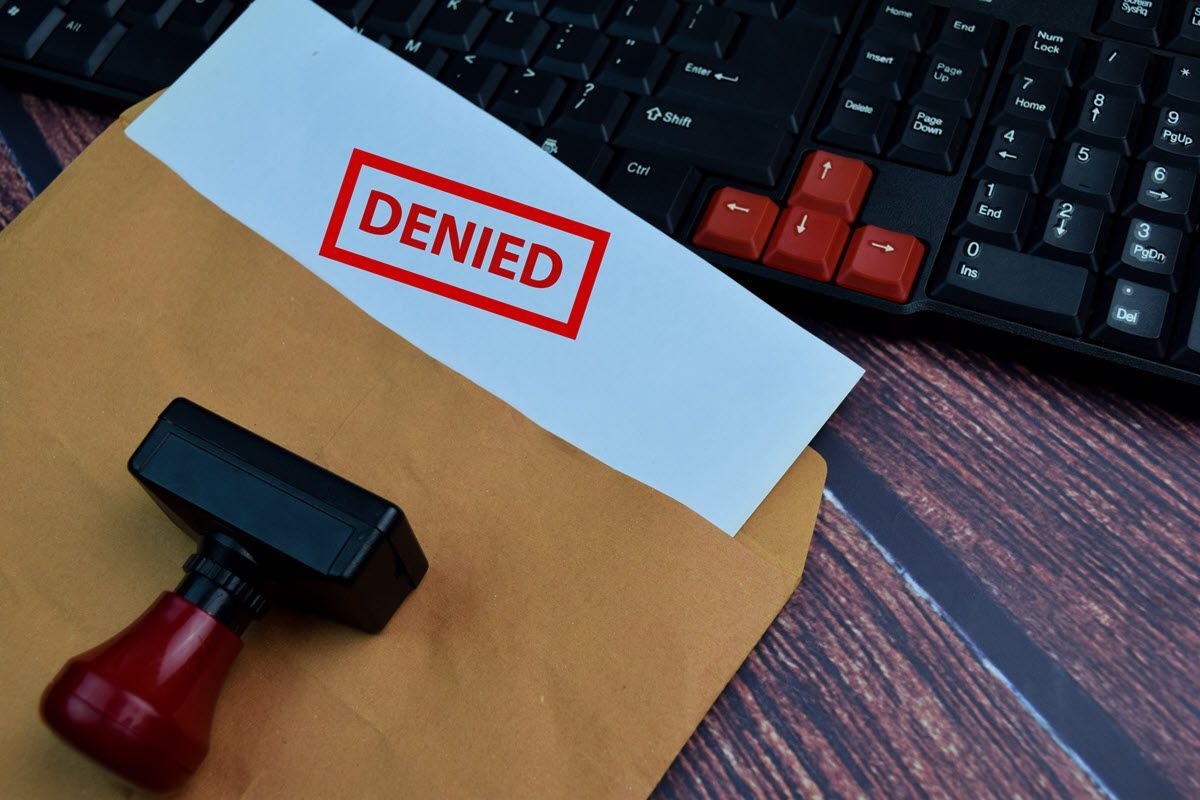Preparing for Medicare AEP: Avoid These Common Mistakes
| September 12, 2025

Every year, from October 15 to December 7 , Medicare beneficiaries have the opportunity to review and make changes to their Medicare coverage during the Annual Enrollment Period (AEP) . This is the time to compare plans, switch Medicare Advantage or Part D plans, or go back to Original Medicare if your needs have changed.
Unfortunately, many people rush through this process—or skip it entirely—and end up with coverage that doesn’t match their needs. Here are some common mistakes to avoid in 2025 so you can make the most of AEP and avoid unnecessary expenses or disruptions in care.
Mistake #1: Ignoring Your Annual Notice of Change (ANOC)
Your plan may look the same—but that doesn’t mean it is. Each September, your current plan will mail you an Annual Notice of Change that outlines any changes to premiums, drug formularies, provider networks, and copayments.
Why it matters: Even a small change in your prescription coverage or provider network can lead to unexpected costs or loss of access to your doctor.
Tip: Review your ANOC carefully, especially if you have regular prescriptions or see specialists.
Mistake #2: Assuming You Can ‘Set It and Forget It’
Medicare is not one-size-fits-all. Your health needs, finances, and provider preferences can shift from year to year.
Why it matters: A plan that worked for you last year might not be the best choice this year. Formularies change, premiums go up, and networks shift.
Tip: Use Medicare’s official Plan Finder at Medicare.gov/plan-compare to compare plans based on your ZIP code, medications, and preferred providers.
Mistake #3: Missing the Enrollment Window
AEP runs from October 15 through December 7 . Changes you make during this period take effect January 1, 2026 .
Why it matters: If you miss this window, your options may be limited. Unless you qualify for a Special Enrollment Period , you may have to wait until the next AEP to make changes.
Tip: Mark your calendar now and schedule time to review your options—ideally in early October to avoid last-minute stress.
Mistake #4: Not Reviewing Drug Coverage
Even if your medications haven’t changed, your Part D drug plan might have. Drug tiers, prior authorizations, and formularies are updated every year.
Why it matters: A medication you’ve taken for years could suddenly cost more—or be dropped entirely from your plan.
Tip: Make a list of your medications and dosage, then verify coverage under your current or new plan.
Mistake #5: Relying on Outdated Advice
Medicare is constantly evolving. What was true last year may no longer apply in 2025. While friends and family mean well, their advice may not reflect your personal circumstances or current Medicare rules.
Tip: Work with a licensed agent who specializes in Medicare and stays current on policy changes. Be sure they represent multiple carriers so you get objective comparisons.
Mistake #6: Forgetting to Check Your Providers
Provider networks in Medicare Advantage Plans can change annually. Just because your doctor is in-network now doesn’t guarantee they will be next year.
Tip: Confirm your preferred doctors, specialists, and hospitals are still in-network for the upcoming year before you re-enroll.
Bottom Line
The Medicare Annual Enrollment Period is your chance to fine-tune your health coverage and avoid unpleasant surprises in the year ahead. But skipping the review—or assuming nothing has changed—can cost you.
If you need help comparing plans or understanding what’s changed for 2025, we’re here to help . Reach out for a no-obligation review and get confident about your Medicare choices.









